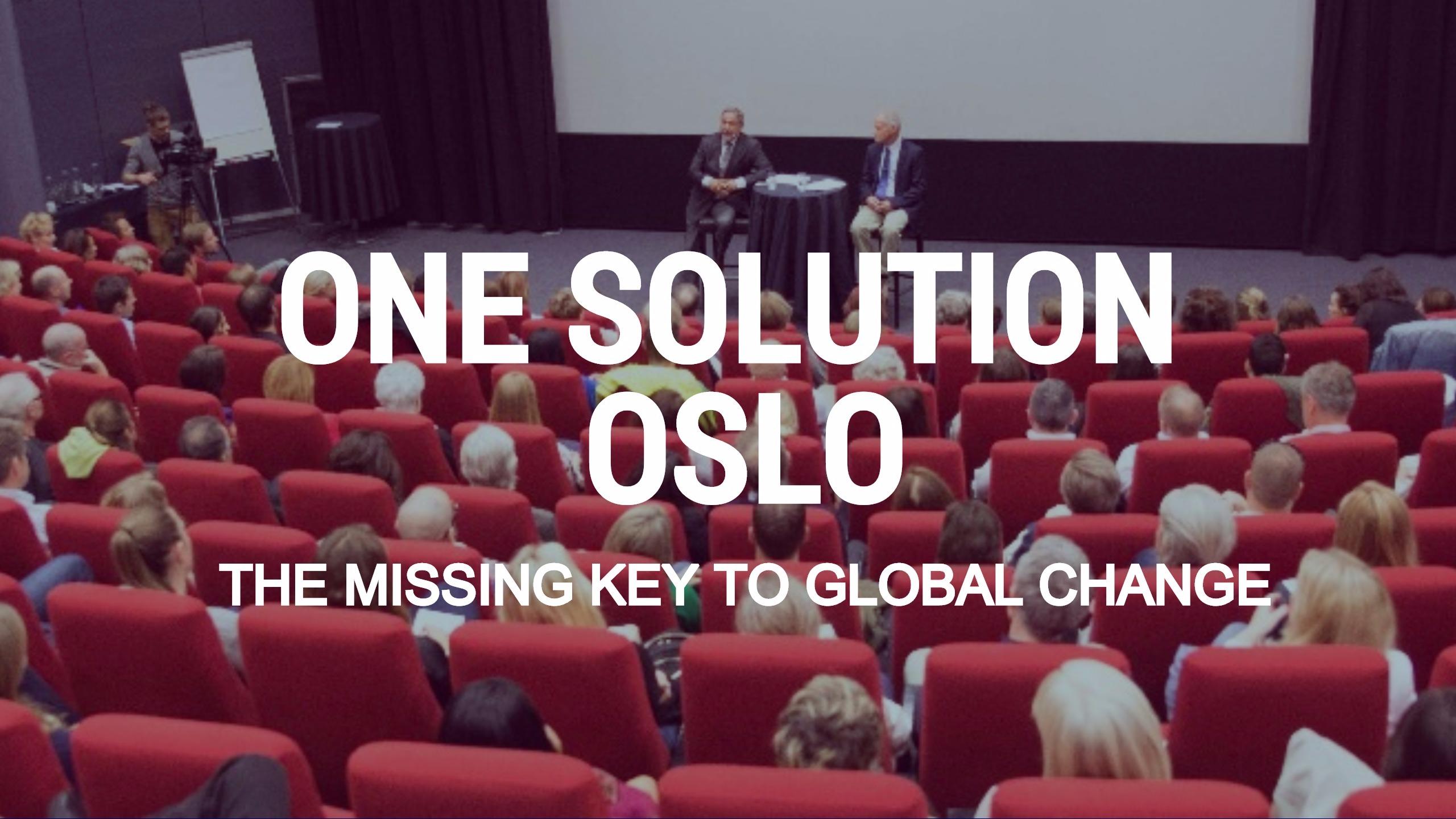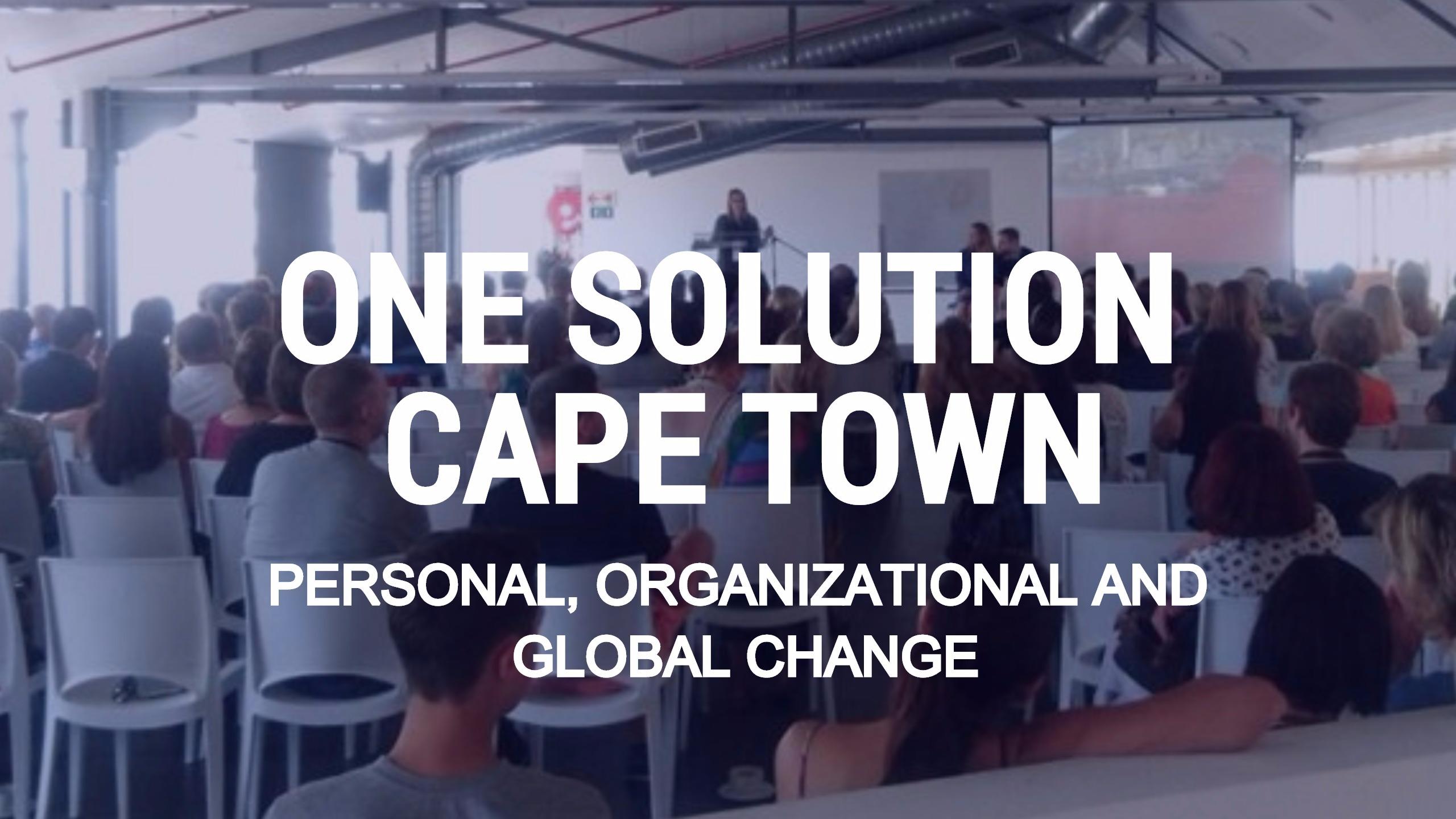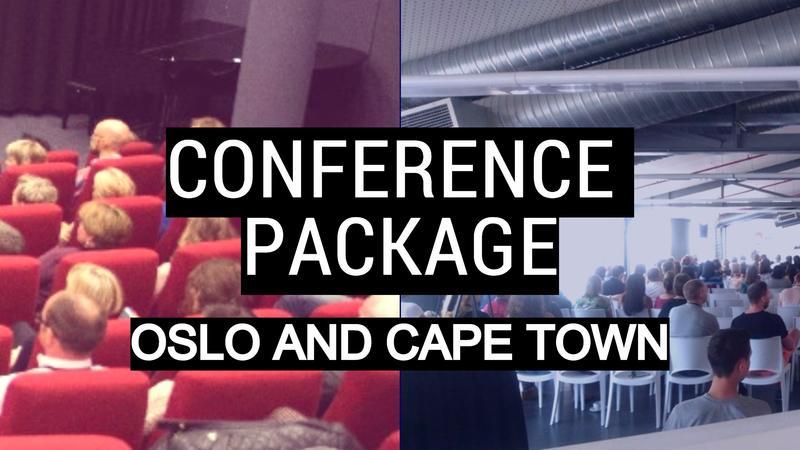Results and Articles
This is a compilation of some of the results and articles written on how a new understanding of the mind has created change in mental well-being, youth and education, organisations and businesses, charitable organisations, intervention in the criminal justice system, resilience for aid workers, addiction and recovery treatment programs.
Article: Prevention Education

Written by:
Brooke Wheeldon-Reece, M.B.A.
Chief Executive Officer
The Cypress Initiative, Inc.
I’ve spent close to 15 years participating in the prevention education field and in those years I’ve seen the areas of what we are “preventing” aggressively persist. In the late 1980’s to the early 2000’s the prevention arena focused on preventing drug use, school drop-out, teen pregnancy and violent crime. Today prescription medication abuse, suicide, gun violence and bullying are covering the headlines.
There have been changes and some would suggest improvements in recent years. Prevention work has shifted from “just say no” campaigns to enhancing goal-setting and self-advocacy skills. From “stay in school” campaigns to enhancing academic goals and promoting achievement through diverse programming. From “abstinence” campaigns to enhancing confidence and self-esteem. Currently, we are seeing a shift from “anti-bullying” campaigns to enhancing communication and critical thinking skills and from “a...
S.P.A.R.K - Education about the mind used in Education
Here are some feedback and RESULTS via quotes about what can change in schools given education of the mind. We are happy to have partners in our network that do such great work!
“I have seen so many students change once they hear about the Principles behind the mind. The biggest change I saw in a class was at an alternative school with a group of about 12 boys, ages 14-17. When we first arrived to teach our Three Principles-based S.P.A.R.K. program (Speaking to the Promise, Ability and Resilience inside Kids), the class was so rowdy, did not want to listen to anything, yelled at each other, cussing every other word.
“A couple of the boys even started to push and fight during our first class. We went to the class every week for an hour with our lessons on the Mind and week by week, we began to see big changes. By the end of that school year, the boys were sitting in our class, listening intently, participating in group activities, sharing personal stories, and even apologized if they...
VIDEO: Disaster Relief in Nepal(Children share insights)
After the Nepal earthquake in 2015 and at the request of Mahima Shrestha, One Solution speaker, Rudi and Jenny Kennard led a small team of volunteers who helped survivors connect with their innate health and resilience.
— Video courtesy of Innate Wellbeing Ltd., www.innatewellbeing.co.uk.
The answer to the prison crisis is simpler than we think
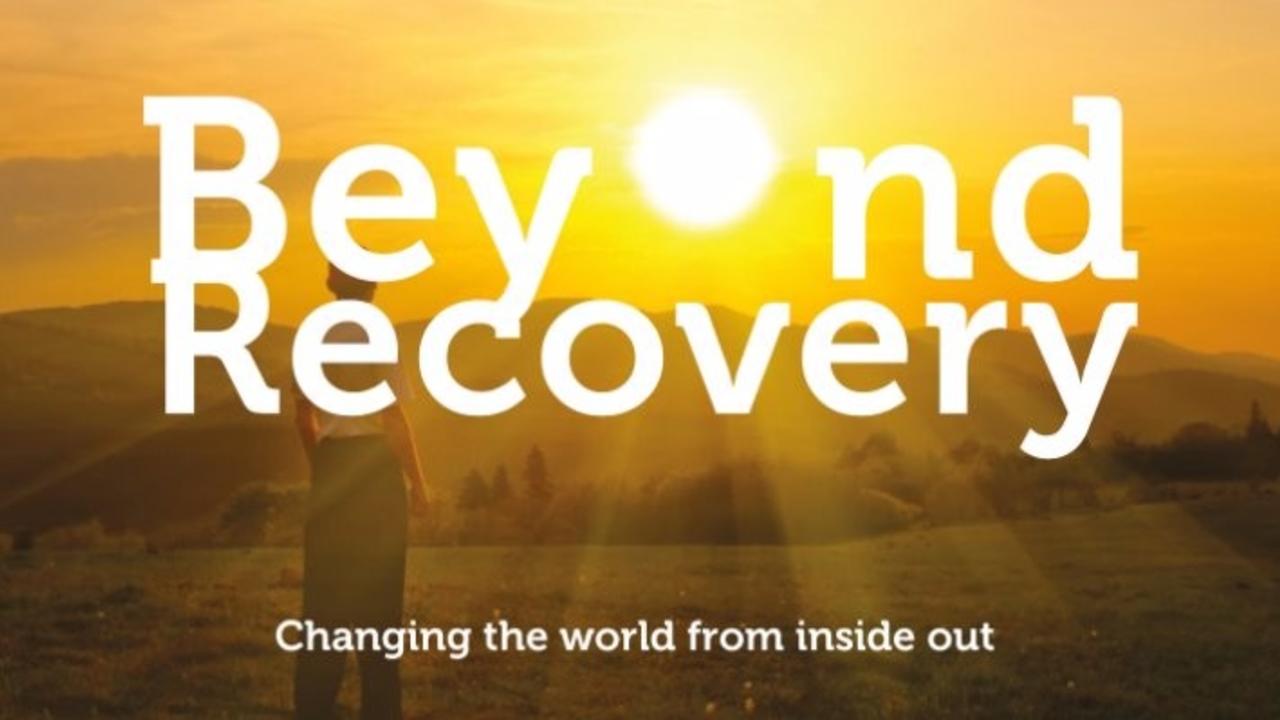
Article written by Jaqueline Hollows from Beyond Recovery.
The BBC headline reads “An extra 2,100 prison officers are to be recruited to ease staffing shortages in jails in England and Wales, Justice Secretary Liz Truss will say later“.
But we are looking in the wrong direction for the answer because we need to treat the cause not the symptoms.
This blog post was originally published on LinkedIn
Yes! Extra prison officers would be a definite benefit to an overcrowded, over stretched, under appreciated system.
Yes! We need to do something to prevent prison officers being attacked in the course of their duties, this is unacceptable.
Yes! Prison officers job should be one of helping with rehabilitation, preventing the cost of £15billion a year in reoffending.
Yes! We need to do something about prisoners self harming, not least to address the depression, anxiety and anger that is underlying these behaviours.
However, extra prison officers (the time to recruit and train notwithstanding)...
Stories from Trauma and PTSD

“I had been told that I would have PTSD for the rest of my life. How wrong that statement would be, because for the last two and a half years … I have lived WITHOUT PTSD and my world is a much happier place. … The Three Principles have taken me to a whole new level of human experience. Without question, The Three Principles have improved not only the quality of my life and that of my wife, family, and friends around me, but has also given me a wealth of happiness that I hadn’t up until this point experienced, and most importantly for me, a ‘quiet mind.’”
Paul Dean, British Army veteran
Quote courtesy of the Center for Sustainable Change
“For me, the road to recovery began after I learned the Three Principles. Being able to understand, on a deeper level, the nature of my thinking, and that I create my emotions and my reality through my thinking, enabled me to see life in a different perspective. It gave me a new way to handle all the anxiety and depression episodes that were insepara...
Stories from the prison system
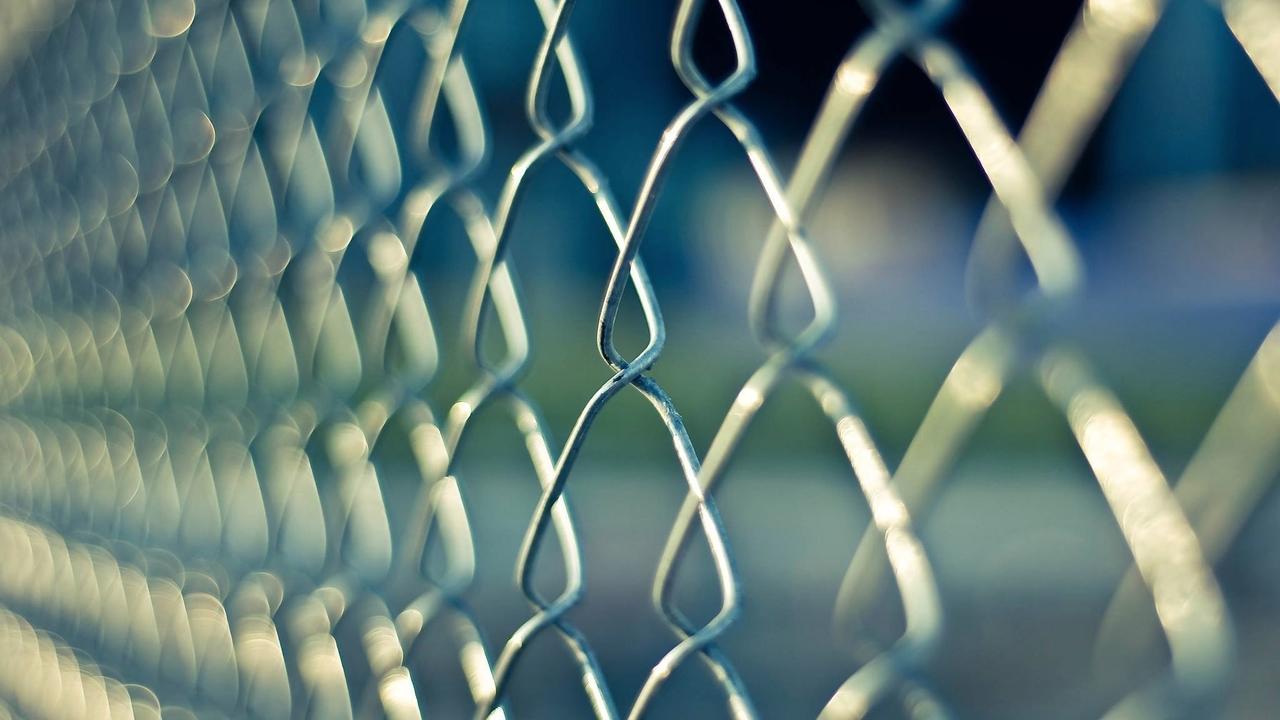
John – not his real name – is serving a nine-year prison sentence and is participating in the Beyond Recovery programme, founded by Jacqueline Hollows, as a social enterprise that works within the criminal justice system, in custody (prisons) and the community.
“ I wanted to create social change. I decided that my life was to be about eliminating stigma and exclusion, particularly for those who had experienced addiction and offending behaviour. We are currently engaged in a 12-month programme in a UK prison. As part of that, we have just completed a 3-day immersion programme with 13 inmates.
The levels of intelligence, connection and resilience that were felt after just three days blew my mind. Men who previously had experienced PTSD, extreme levels of violent behaviour, depression and anxiety were talking about hope; forgiveness and possibility. One man, sentenced for 7 years but currently serving 15 due to his behaviour in custody, saw a way out of the prison in his mind and could no l...

